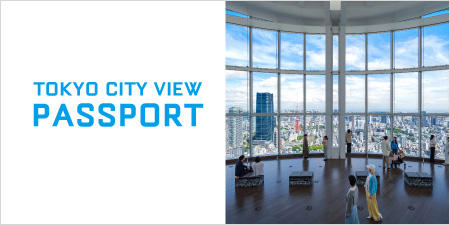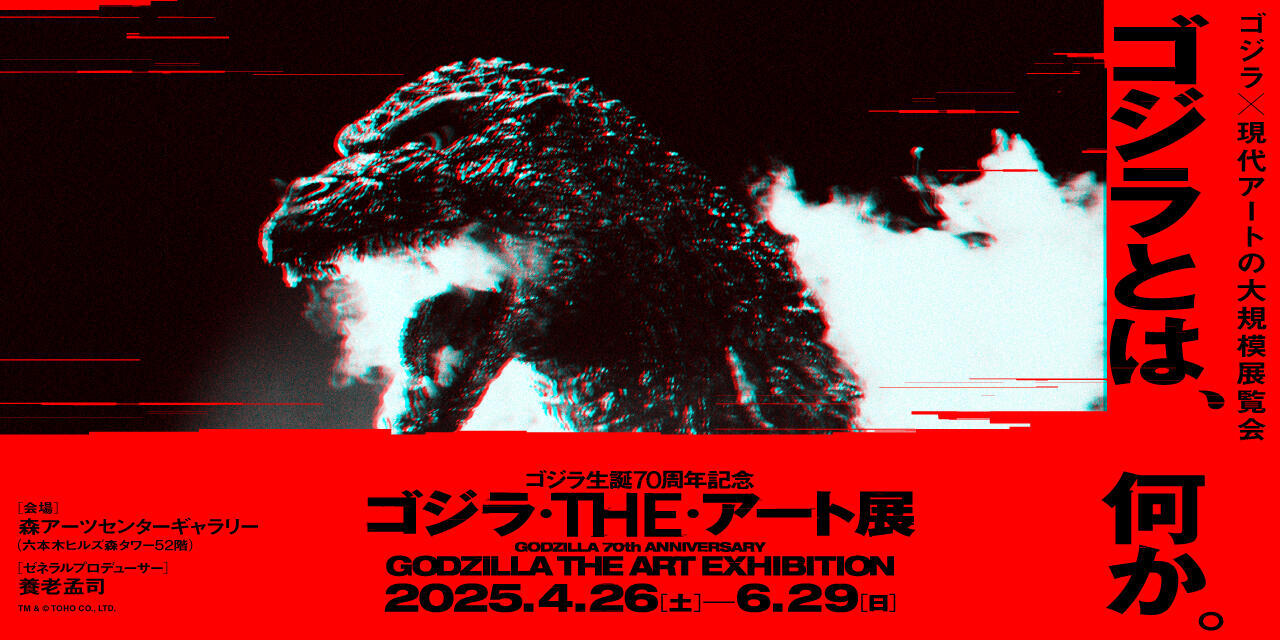Where Are We Going?
The motif of the boat features frequently in Shiota Chiharu’s works, conjuring up visions of uncertain lives and futures akin to tiny boats bobbing in vast oceans. These 65 boats suspended from an 11-meter-high ceiling will greet visitors as they enter the museum, inviting them to embark on the journey of the exhibition.

Where Are We Going?
2017/2019
White wool, wire, rope
Courtesy: Galerie Templon, Paris/Brussels
Installation view: Shiota Chiharu: The Soul Trembles, Mori Art Museum, Tokyo, 2019
Photo: Kioku Keizo

Where Are We Going?
2017/2019
White wool, wire, rope
Courtesy: Galerie Templon, Paris/Brussels
Installation view: Shiota Chiharu: The Soul Trembles, Mori Art Museum, Tokyo, 2019
Photo: Kioku Keizo
In the Hand
An evanescent, fragile-looking object is protected in the palms of a child’s hands. Through her thread installations covering entire galleries, Shiota renders visible the invisible presences concealed within spaces, but this abstract motif, captured neatly between the palms, seems to represent the inherent life of her body, or spirit. It also calls to mind the “trembling soul,” the exhibition’s subtitle.

In the Hand
2017
Bronze, brass, key, wire, lacquer
38 x 31 x 42 cm
Courtesy: Kenji Taki Gallery, Nagoya/Tokyo
Photo: Ito Tetsuo

In the Hand
2017
Bronze, brass, key, wire, lacquer
38 x 31 x 42 cm
Courtesy: Kenji Taki Gallery, Nagoya/Tokyo
Photo: Ito Tetsuo
Uncertain Journey
The first installation encountered upon entering the galleries, Uncertain Journey consists of the bare frames of boats arranged in a space covered in bright red threads. In her work for the Japanese Pavilion at the 2015 Venice Biennale, Shiota hung a mass of keys from the top of an
old traditional Venetian boat, but in Uncertain Journey, the boats are more abstract, and the space filled with red thread seems to suggest the many encounters awaiting at the end of this uncer tain journey.

Uncertain Journey
2016
Metal frame, red wool
Installation view: Uncertain Journey, Blain | Southern, Berlin, 2016
Photo: Christian Glaeser

Uncertain Journey
2016
Metal frame, red wool
Installation view: Uncertain Journey , Blain | Southern, Berlin, 2016
Photo: Christian Glaeser
In Silence
In Silence was born out of a memory of the next-door house burning down in the middle of the night when Shiota was a child. A burned piano and audience seating are covered, with the entire space, in black thread. While symbolizing silence, the soundless piano plays visual music.

In Silence
2008
Burnt piano, burnt chair, black wool
Installation view: State of Being, Art Centre Pasquart, Biel/Bienne, Switzerland, 2008
Photo: Sunhi Mang

In Silence
2008
Burnt piano, burnt chair, black wool
Installation view: State of Being, Art Centre Pasquart, Biel/Bienne, Switzerland, 2008
Photo: Sunhi Mang
Reflection of Space and Time
Like skin covering the body, dresses symbolize the boundary between one’s personal interior and exterior. Suspending such a dress in a space filled with black thread imparts a sensation of presence in absence. By hanging dresses on either side of a mirror dividing a space enclosed by a steel frame, Reflection of Space and Time blends in the mind of the viewer the illusory dress in the mirror, and the actual dress in the space opposite.

Reflection of Space and Time
2018
White dress, mirror, metal frame, Alcantara black thread
Commissioned by Alcantara S.p.A.
Installation view: Nine Journeys through Time, Palazzo Reale Milano, Milan, 2018
Photo: Sunhi Mang

Reflection of Space and Time
2018
White dress, mirror, metal frame, Alcantara black thread
Commissioned by Alcantara S.p.A.
Installation view: Nine Journeys through Time, Palazzo Reale Milano, Milan, 2018
Photo: Sunhi Mang
Inside - Outside
Around 2004, fifteen years after the fall of the Berlin Wall, Shiota Chiharu who moved to Germany in 1996 and is currently based in Berlin started making works using windows. At the time, Berlin was undergoing extensive redevelopment that included demolition of many buildings, and Shiota went around gathering up discarded windows. Windows exist as a boundary between the inside and outside of private spaces, but also call to mind the wall that separated East and West Germany. The work Inside - Outside to be presented in this exhibition was first made in 2008, and there are several versions, this one using around 230 window frames.

Inside - Outside
2009
Old wooden window, chair
Installation view: Hoffmann Collection, Berlin, 2009
Photo: Sunhi Mang

Inside - Outside
2009
Old wooden window, chair
Installation view: Hoffmann Collection, Berlin, 2009
Photo: Sunhi Mang
Accumulation - Searching for the Destination
This installation Accumulation - Searching for the Destination is made up of around 430 oscillating suitcases. Shiota was inspired to create the installation by the discovery of old newspapers in a suitcase she found in Berlin. All things have their own, innate memories, and in this case, the suitcases seem to suggest the memories, movement and migration of strangers; or the refugee’s journey in search of a fixed abode; that is, the very journeys of people’s lives.
Accumulation - Searching for the Destination
2016
Suitcase, motor, red rope
Courtesy: Galerie Templon, Paris/Brussels
Installation view: Art Unlimited, Art Basel, Switzerland, 2016
Photo: Atelier Chiharu Shiota
Accumulation - Searching for the Destination
2016
Suitcase, motor, red rope
Courtesy: Galerie Templon, Paris/Brussels
Installation view: Art Unlimited, Art Basel, Switzerland, 2016
Photo: Atelier Chiharu Shiota
Where to Go, What to Exist
Personal photos, newspaper cuttings, rubble from buildings and other ephemera all gathered from somewhere - objects that suggest a lost past - are packed into old suitcases. Carrying someone’s memories in the form of keepsakes and souvenirs into a future where nothing is guaranteed, the cases seem to embody the thoughts of people living in an uncertain world, who yet seek the certainty of existence.

Where to Go, What to Exist - Photographs
2010
Suitcase, photograph, thread, etc.
40 x 50 x 43 cm
Courtesy: Kenji Taki Gallery, Nagoya/Tokyo

Where to Go, What to Exist - Photographs
2010
Suitcase, photograph, thread, etc.
40 x 50 x 43 cm
Courtesy: Kenji Taki Gallery, Nagoya/Tokyo
Out of My Body * Newly-commissioned work
Body parts began to appear in Shiota’s works following the 2017 return of her cancer and battle with the disease. Behind this was the experience of feeling that as she found herself on the treatment conveyor belt - having parts of her body removed, and undergoing chemotherapy - her soul was being left behind. For Shiota, who has always sensed the presence of life’s workings in absence, using her body as a work of art may involve imagining that absence.

Out of My Body (detail)
at Atelier Chiharu Shiota, Berlin, 2019
Photo: Sunhi Mang
* referential image

Out of My Body (detail)
at Atelier Chiharu Shiota, Berlin, 2019
Photo: Sunhi Mang
* referential image








